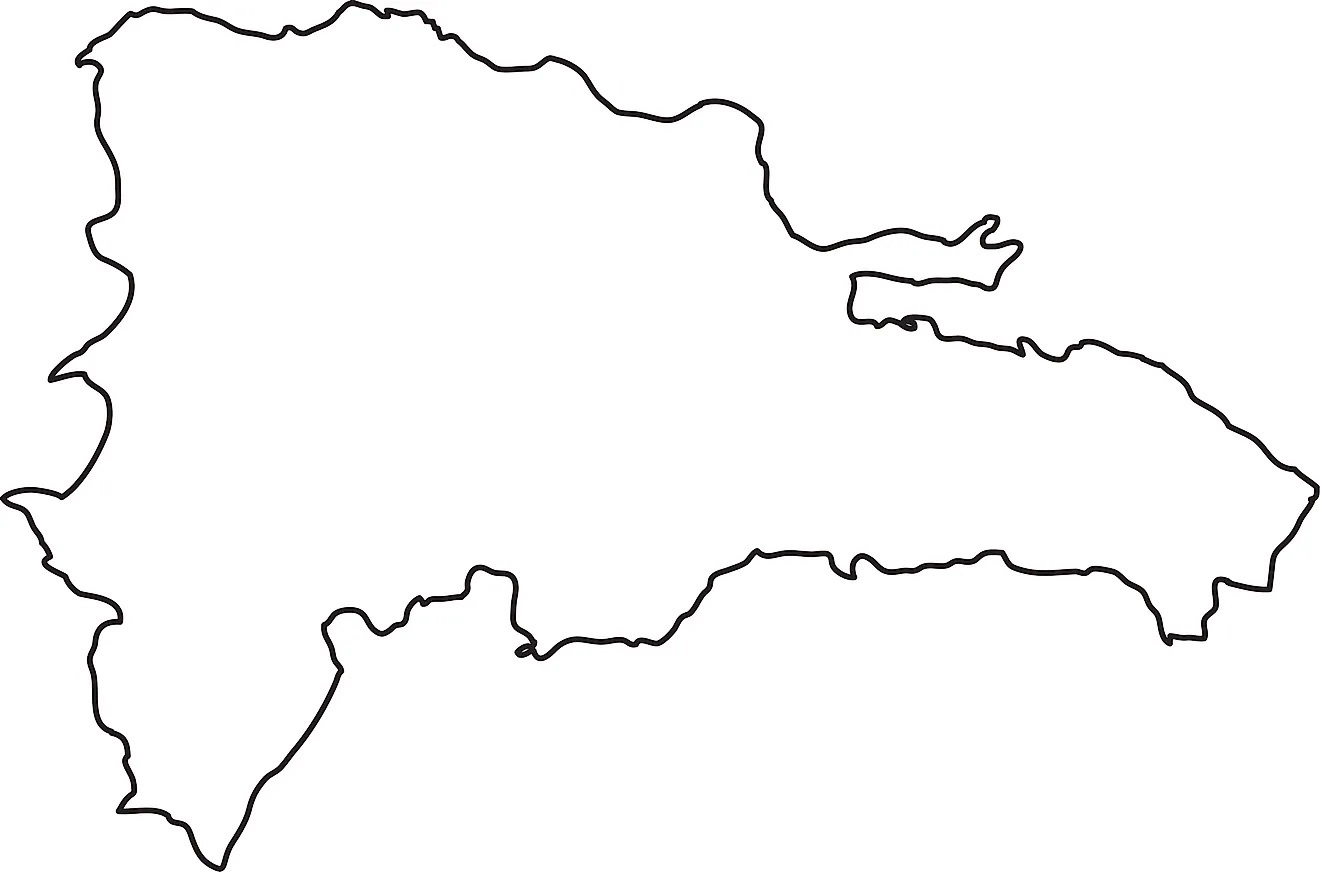I’d like to spare you what could be the deranged lovechild of child-of-Latine-immigrant and Black-white-biracial spoken word poetry. My parents are both from the Dominican Republic—one’s Black and the other’s white—and I grew up around Dominicans that, for the most part, didn’t acknowledge that they were at least part Black. I’ll skip over the mini identity crisis I had once I understood my Black heritage but was scared of somehow appropriating African American experiences by identifying as Black. And I’ll only list a few examples of people’s reactions to me: some people see that I’m Black and are surprised that I’m Latina, some people aren’t surprised that I’m Latina but don’t expect me to be Black, some people are convinced that I’m South Asian, and one guy I met on Elm Drive freshman year—bless his heart—asked me if I was Samoan. It’s a fun time. It’s only people that grew up around Dominicans or Puerto Ricans that recognize my ethnicity on sight, like the man in Washington Heights who thought I was his neighbor (I live in Massachusetts).
At any rate, I think most of us understand that Blackness, brownness, or whatever most accurately describes my situation marks certain Americans as different. (Different from whom, I’ll let you guess.) Between that and the American inability to understand that Black and Latino are not, in fact, mutually exclusive, middle school me felt like she didn’t make racial sense in the U.S. There are papers out there about this self-perceived conflict between racial and ethnic identities, ethnoracial dissonance, which you can read if you want. (And if you don’t, you’re racist. Sorry!) Anyway, what matters is this: my body has a tendency to confuse people. For a while it confused me, too.
Eventually, I learned that this confusion was specifically American. While I was trying to figure out how to identify, I visited the Dominican Republic, and suddenly I made sense again. In a country where most people are mixed, I blended in easily with the other in-betweeners. I was comforted by this cohesion, that my appearance in the Dominican Republic wasn’t an anomaly.
Don’t be fooled—my body still marks me over there. It isn’t just because my skin, tragically deprived of vitamin D after a wintry Massachusetts childhood, lacks that bronze, Caribbean sun–soaked sheen. It’s because Dominicans, like many tourist nation natives, can clock an American a mile away. It doesn’t matter whether you look white—yes, I know that equates Americanness to whiteness, which isn’t empirically correct, but you know the standard narrative. Nitpicker. Regardless of race, Americanness is still in your body. I can’t spot the distinction as well as, say, the Dominican-born jewelry vendor who could tell that my immigrant father was American. But I’ve seen some differences. Americans lean. We lounge. We hunch, slouch, and trundle. We’re not very good at carrying our own weight, so we let our walls and pillars and other such structures do the job for us. Dominicans, though? Island-bred Dominicans? They bounce and snap, like sparks or springs. They move elastically. Their gestures are accented, punctuated. Even though I think I’ve identified these mannerisms, I can’t replicate them (at least, not yet). Even if my Americanisms weren’t born into me the way my brownness was, they’ve been baked into my body, and it’d take a long time to shake them. To quote all those Redbubble stickers, I really was made in America with Dominican parts. Either place I go, my body will mark my difference.
But even the part of me that does feel like it ‘makes sense’ in the Dominican Republic only does for a sinister reason. The country’s acceptance of mixedness isn’t radical or antiracist. Rather, it’s part of an ongoing effort that started soon after the D.R.’s 1844 independence war to distinguish Dominicanness from Haitianness—and along with it, from Blackness—and gain national legitimacy in the international sphere. This effort’s a challenge in a country where most people are visibly part Black. The solution has been to attribute Dominican brownness to Indigeneity, or cling onto terminology that poses mixed-race categories as non-Black or less Black: as trigueño (“wheat-colored”), mulato (you can probably guess what that means), or the ever-questionable indio oscuro (“dark ‘Indian’”). Within this anti-Black racial classification system, my body is normative in a nation that can’t lay a convincing claim to whiteness but gets as close as it can. My body is privileged in a nation that refuses to claim dark-skinned Black people as their own, that continuously commits racially motivated violence against Haitians and their Dominican-born descendants.
So that feeling of comfort that accompanied a return to my parents’ homeland isn’t just made conditional by my American mannerisms; it’s predicated on the oppression of another collection of bodies. That comfort, then, is not, and never should be, sound. So I’m trying to stop soaking in it. Maybe I’m not at the top of that social ladder, but I want to be mindful of those cast beneath me.
It feels odd, to surrender that sliver of belonging. Still—I feel best letting go.

Leave a Reply